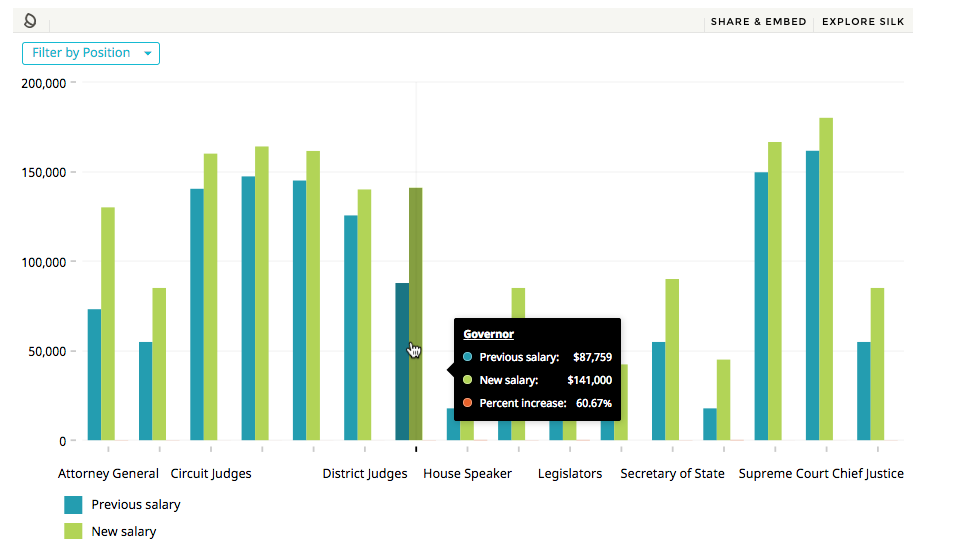Cities split on Walker County tax plan
Friday, January 1, 1904
LaFayette, Ga., City Manager Frank Etheridge is upbeat about negotiations on how Walker County's cities should share some $54 million in estimated sales tax revenue with county government.
LaFayette is taking the lead in how to split local option sales tax revenue with Walker County over the next 10 years.
The 1 percent tax generates $5.4 million annually, or $54 million over a decade. Now, Walker County keeps 80 percent and lets the cities - Chickamauga, LaFayette, Rossville and Lookout Mountain, Ga. - share the remaining 20 percent.
But LaFayette kicked off a 90-day negotiation period on June 28 by proposing to whittle the county's take to 55 percent while letting the cities keep 45 percent. LaFayette based that proportion on a report by a consultant it hired who used eight criteria to justify the cities' share.
Etheridge said the cities could have asked for more, based on the consultant's report.
"The criteria support a 50-50 split," he said. "That's what the numbers say."
But the cities didn't push the county for that, he said, because "we're supposed to be trying to work together."
Etheridge said the county has indicated it would accept keeping 75 percent while giving 25 percent to the cities.
"We feel strongly that we will make a counteroffer," Etheridge said. "We're still negotiating with the county, and I think we're getting close."
While Rossville and Lookout Mountain officials are following LaFayette's lead and hoping for a larger slice of the tax money, Chickamauga officials are happy with the current split.
Chickamauga City Manager John Culpepper said that if the county loses significant local option sales tax revenue, it would have to make up the difference by raising everyone's property taxes.
"Are we trying to fatten our coffers here on the backs of the county's taxpayers?" Culpepper asked. "That'll be the easiest thing to do. But is it the right thing to do?"
Walker County Sole Commissioner Bebe Heiskell said cities use services that are county-funded, such as the jail and courthouse.
"Our 911 goes way beyond what most other ones do. We dispatch for everybody," she said.
If negotiations aren't successful, the matter goes to a 90-day mediation period and then "baseball"-type arbitration, in which a judge picks one side's plan and rejects the other.
Etheridge didn't think the matter would wind up in a courtroom.
"I don't think either party desires to go there," he said.

